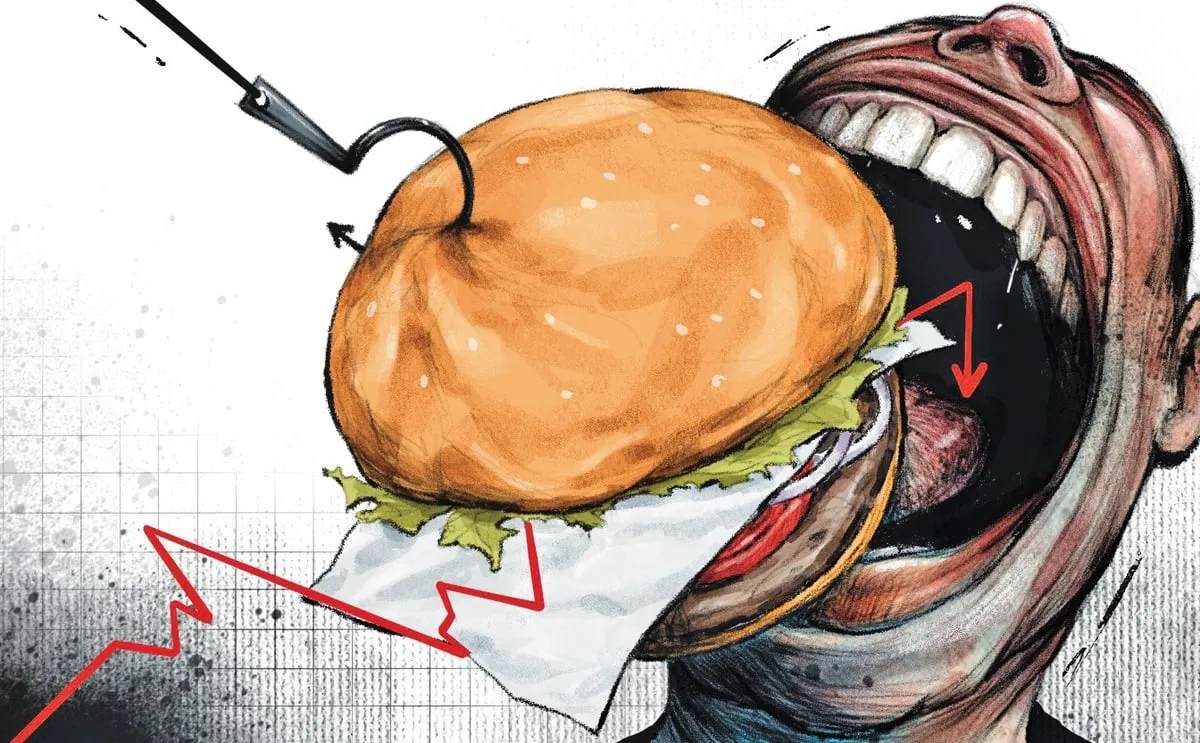Prioritizing Health Span Over Life Span to Mitigate Health Burden

Understanding Health Span vs. Life Span
Health span refers to the length of time an individual enjoys good health, contrasting with life span, which is simply how long one lives. The rising health burden emphasizes that extending life without health is not beneficial.
The Rise in Life Expectancy and Health Burden
Over the 20th century, life expectancy improved dramatically due to advancements in healthcare and living conditions. However, this increase has been accompanied by a significant rise in chronic diseases, leading to a growing health burden.
- Effective prevention and management of non-communicable diseases are essential.
- Economic development has not translated to improved health outcomes for all populations.
Global Health Trends: A Closer Look
A recent study published in the Journal of the American Medical Association highlights disparities in health span across countries. Countries with the highest life expectancy, such as the United States and the United Kingdom, suffer from significant health gaps compared to their life span.
- The mean gap between life expectancy and healthy life expectancy globally is 9.6 years.
- Health disparities persist, exacerbating challenges for economic development.
Addressing the Health Burden in India
In India, the widening gap between life expectancy and health span poses significant challenges. A robust policy response is imperative to mitigate the health burden, which currently stems mainly from unhealthy diets.
The government must ensure that health is prioritized across all life stages.
Conclusion: Bridging the Gap for Better Health Outcomes
Addressing the critical divide between life expectancy and health span is vital for enhancing the quality of life. This requires a comprehensive approach to health policies that emphasize prevention, early intervention, and accessible healthcare services.
This article was prepared using information from open sources in accordance with the principles of Ethical Policy. The editorial team is not responsible for absolute accuracy, as it relies on data from the sources referenced.